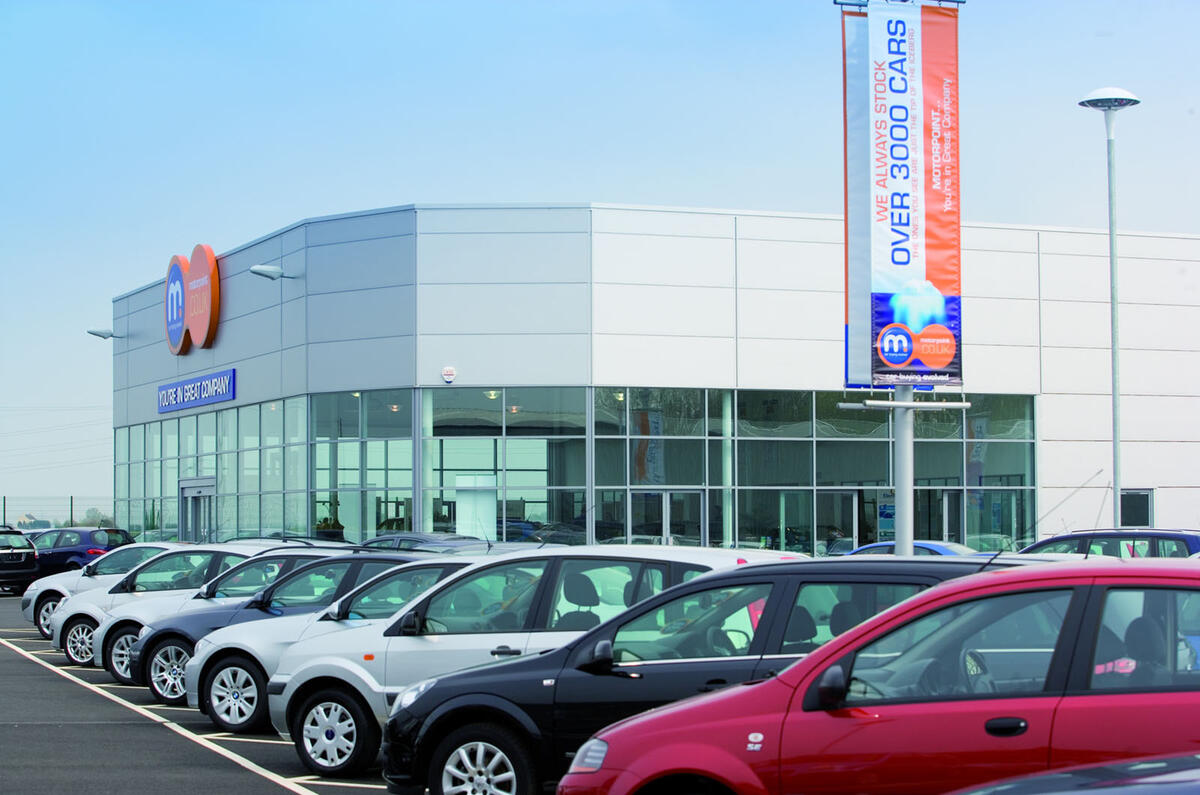European car registrations fell 2.3% in July - the first time the market has declined in almost three years, according to automotive business analysts JATO Dynamics.
The 2.3% drop in sales translates into a fall from 1.18 million in July 2015 to 1.16m for the same period this year.
JATO believes that two fewer working days in July may have contributed to the fall in sales, alongside the significant decline for two of the largest European car groups, PSA Peugeot Citroën and the Volkswagen Group. PSA recorded a 13.2% fall in its registrations and the Volkswagen Group's dropped by 8.8%.
However, despite the overall decline, SUV sales continued to grow, increasing registrations by 11.9% compared with July 2015, and it now accounts for 25.5% of the overall market. The Nissan Qashqai kept its position as the best-selling SUV, registering 18,373 units, but this was a 6.9% drop on the same period last year. Growth in the segment was driven by the Qashqai's newer rivals such as the Renault Kadjar (sales up 127%) Hyundai Tucson (up 586%) and Kia Sportage (up 24%).
Volvo led in the SUV and large SUV segments, with the Volvo XC60 maintaining its lead in the mid-sized group and the larger Volvo XC90 posting a sales increase of 15%.
JATO’s global automotive analyst, Felipe Munoz, put the growth of the SUV segment down to the introduction by manufacturers of models across all body sizes, as well as safety-conscious buyers’ preference for a higher driving position.
Read the UK's July registration figures here
Across the board, France experienced a fall of 9.6% and Germany a 3.9% drop. Italy posted an increase of 2.6% and registrations rose 4.4% in Spain. The UK recorded a negligible increase of 0.1%.
Volkswagen was the best-selling brand overall, with 136,393 units registered (accounting for 11.8% of the total market) but suffered a 10.8% drop for the year to date. Skoda and Peugeot both recorded a 10.5% drop.
Mercedes-Benz posted the highest increase in the top 10, at 3.7%. Outside of the top 10, Dacia (up 11.5%), Suzuki (up 19.5%), Mini (up 10.7%), Land Rover (up 33%), Honda (up 15.3%), Jaguar (up 32.5%) and Jeep (up 11.4%) all recorded double-digit growth, largely driven by SUV sales. Infiniti posted an increase of 218%, with 1768 registrations.
The Volkswagen Golf was still the best-selling model, with 36,540 units registered in July. By comparison, Volkswagen registered 46,628 Golfs in July 2015. This decline coincides with the new-generation Opel/Vauxhall Astra becoming the fourth best-selling car in Europe, with 20,954 registrations – up 26% on the same period last year.





Join the debate
Add your comment
MAINLAND EUROPE SALES FALL!!!!
Sales in the Eurozone's two biggest economies (Franc & Germany) are falling.
Very dodgy headlines.